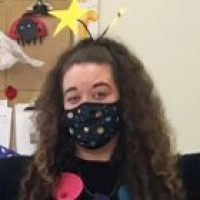Two recent ECEE grads, Jonathan Bécotte, BA 20, and Melina Murray, BA 20, can relate to this kind of swift adaptation. Both had internships cut short because of COVID-19, celebrated convocation in absentia and embarked on teaching careers during the pandemic.
Bécotte, who was awarded the Sara Weinberg Award for Excellence in Teaching when he graduated, teaches a grade five-six split class at École Saint-Émile in the Montreal neighbourhood of Rosemont.
His challenges have included replacing a beloved teacher and teaching remotely for two weeks because of a COVID-19 case at the school. “Not even experienced professionals were prepared for this,” Bécotte says. “Which is kind of reassuring — to see veteran teachers just as overwhelmed. The pandemic has fostered even greater collaboration because we’re all in this together. We’re developing deeper connections as colleagues.”
In order to deepen the connection with his students, Bécotte had to strike a balance between preserving some of their former teacher’s ways and establishing his own identity. It wasn’t easy. “I got emotional in class one day. I said ‘Look, these are my rules — typical rules about respect. But now it’s your chance. What are your expectations? How can I make you happy?’ I wanted them to know that I had empathy for what they’ve had to go through.
“I keep an emotional thermometer on the wall for when they feel anxious or upset. It’s a good tool for when they don’t feel comfortable to tell me out loud. When a few of them indicate that they’re feeling sad, we talk about it.”
This compassionate style of classroom management is a direct result of the ECEE program and great cooperating teachers, says Bécotte. It’s a sentiment echoed by Murray, whose career also began last fall, at Harold Napper School in Brossard, on Montreal’s South Shore. “The program emphasized the importance of connection and safe spaces,” she says. “This has become even more important this year.”
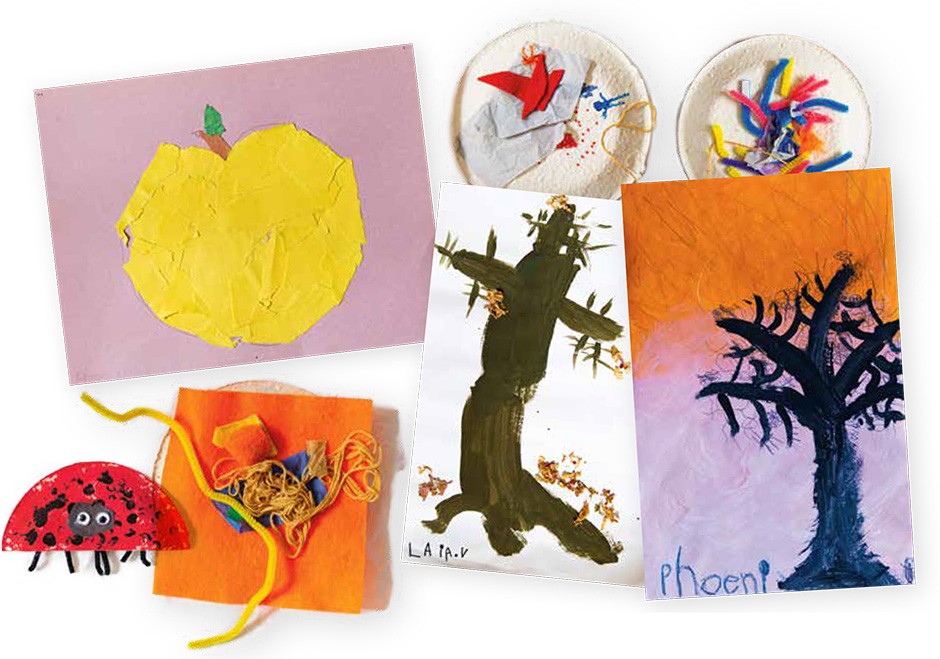 Kindergarten art courtesy of Bancroft Elementary School in Montreal
Kindergarten art courtesy of Bancroft Elementary School in Montreal
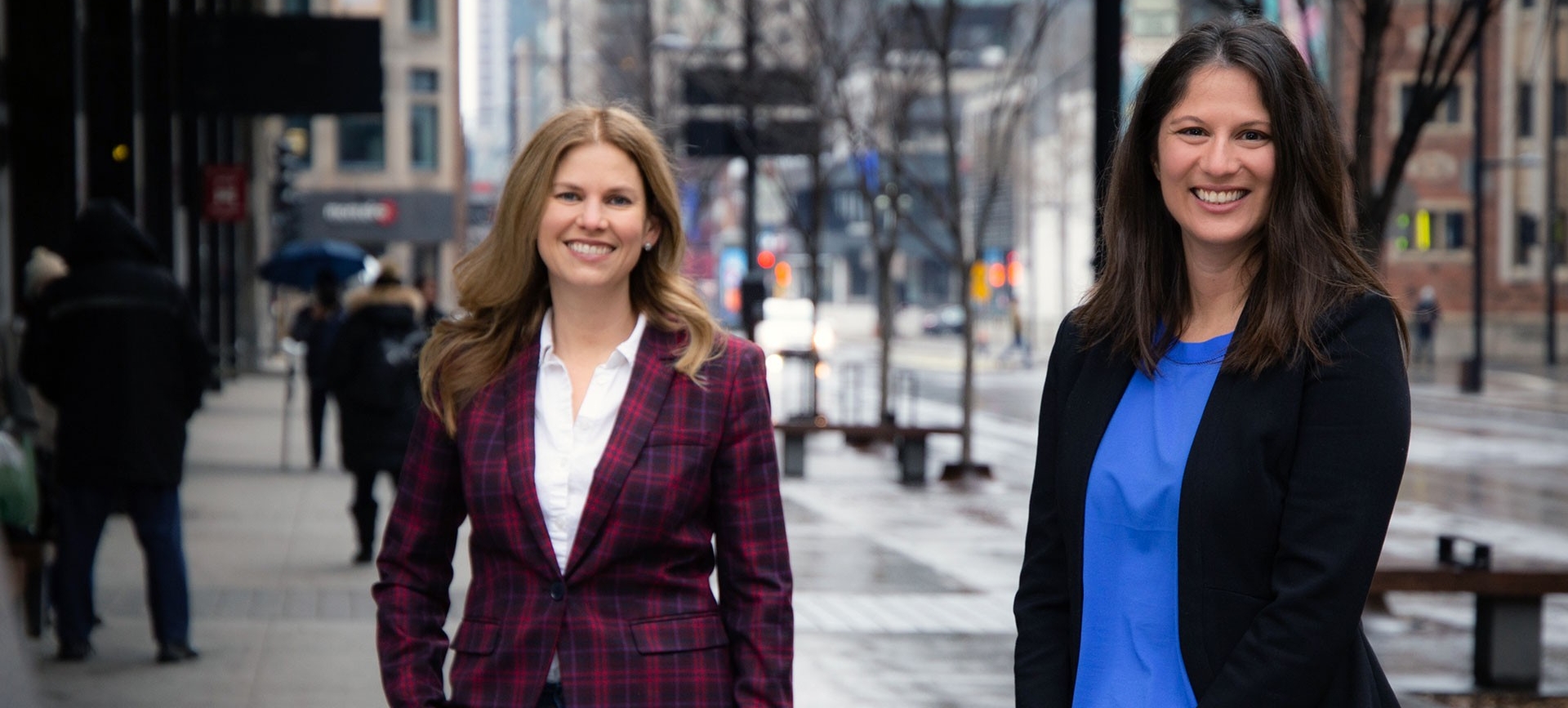 Early Childhood and Elementary Education Professor Sandra Martin-Chang (left) and Program Director and Professor Nathalie Rothschild.
Early Childhood and Elementary Education Professor Sandra Martin-Chang (left) and Program Director and Professor Nathalie Rothschild.
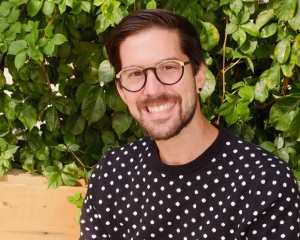 Jonathan Bécotte, BA 20
Jonathan Bécotte, BA 20
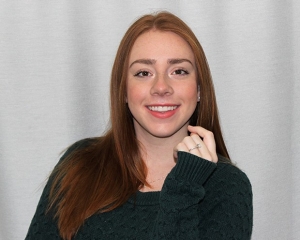 Melina Murray, BA 20
Melina Murray, BA 20
